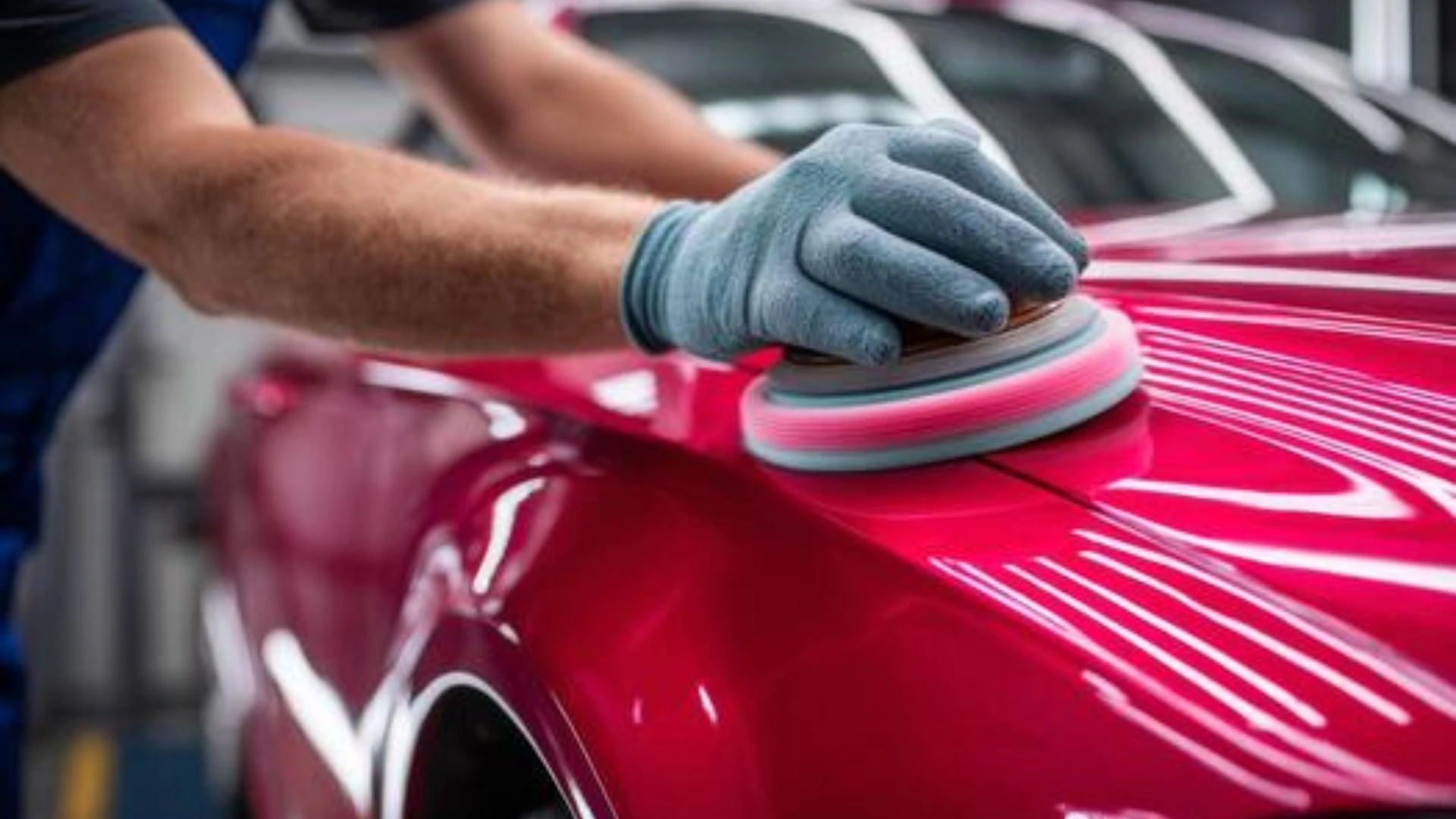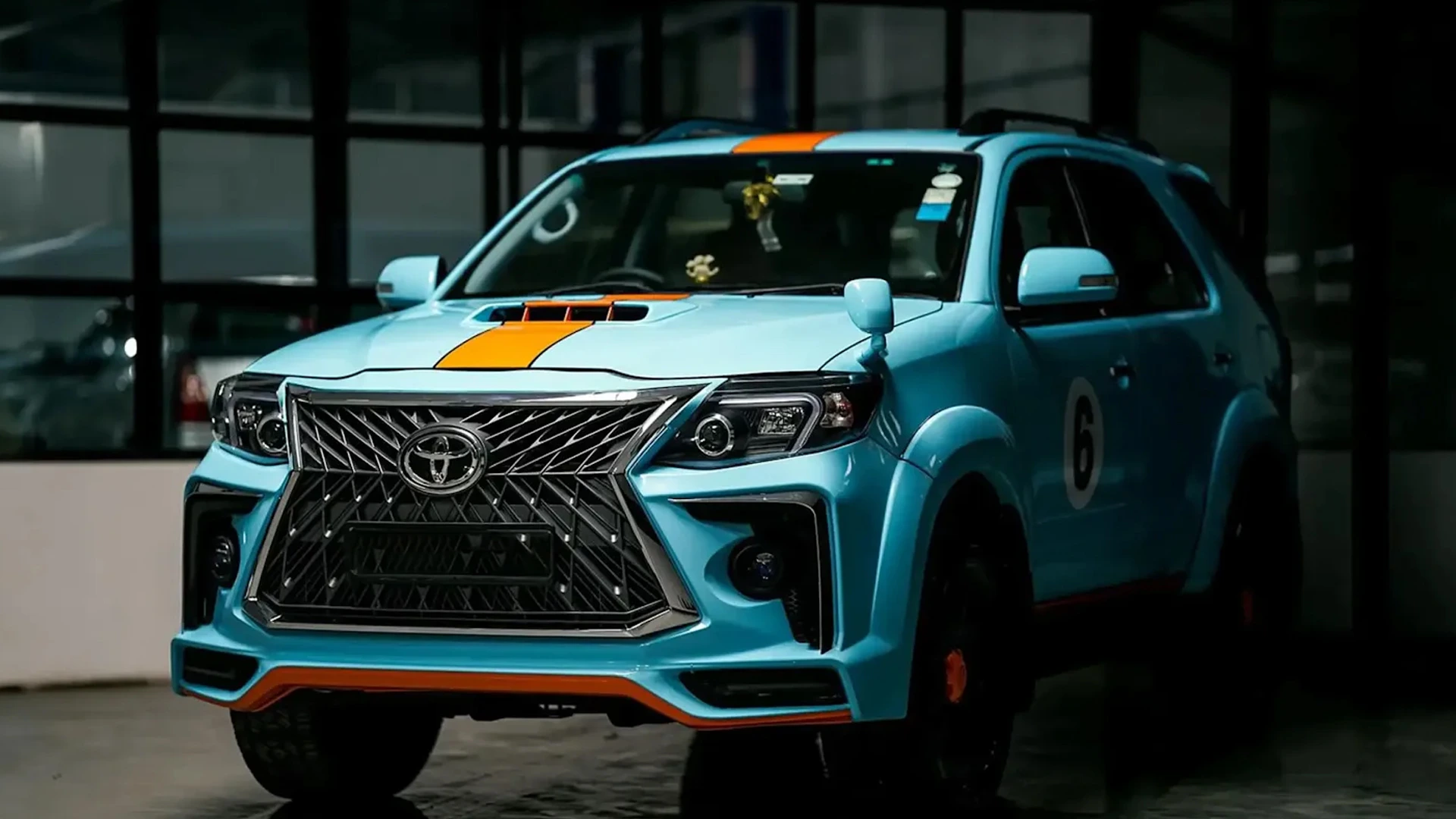
Table of Content
▼Decided to buy a used car? Well, you are not the only one, millions of Indians are now opting for used cars, and if we look at the statistics, the last two years have seen a surge in the used car market as more and more people are opting for private transport. Whatever the reason, we want you to know you to know that you’ve made the right choice.

Let a mechanic accompany you
Unless you are an expert evaluator yourself, it would be wise to hire an experienced auto mechanic to know the nitty-gritty details of the vehicle. Although you might have to pay him for his services, it would be better than buying the wrong car and feeling remorseful afterward.
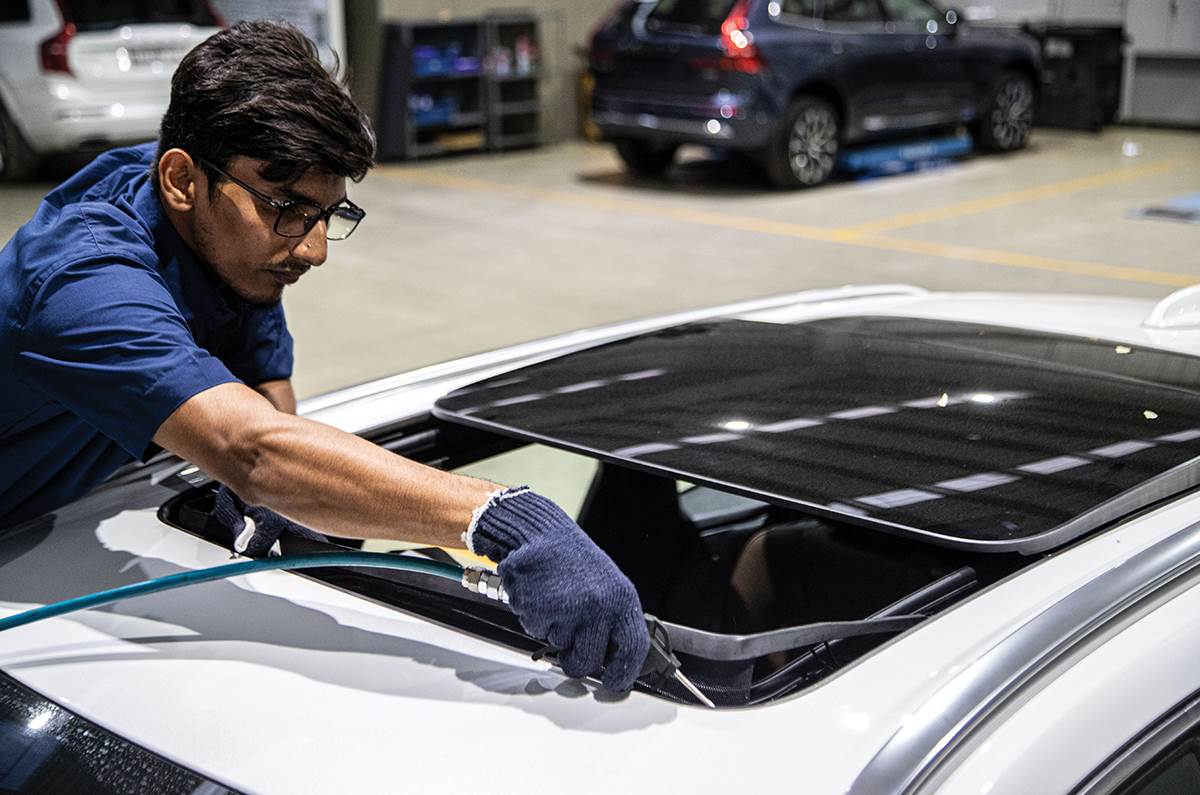
Check the car thoroughly
Don't trust what the seller says about the car, check it yourself. You can let go of minor scratches and dents, but be wary of the bigger ones, rusty vehicles are a big no-no. Check for differences in the texture of the paint. This will help you understand the situation the car might’ve been in. Also keep an eye on the electrical, everything should be in working order, and anything is out of place, bargain. Tyres must be in good condition; If they’re balding, you should be able to save more money.
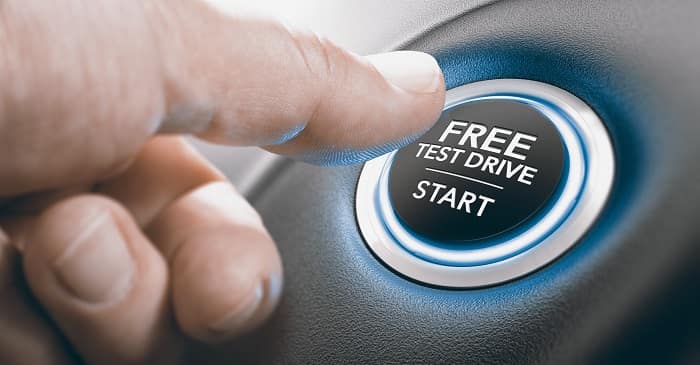
Test Drive
One very important aspect when buying a car is the test drive. Starting a car should be a very smooth process. There shouldn’t be any untoward noises, hop out of the car with the engine running and open the hood to check for weird noises. Check the exhaust pipe, there should be no smoke or oil leakage.
Gear shifting should be effortless, and you should not put any additional pressure on the lever. Engage the clutch, when you release it, the car should move forward smoothly without jerks or vibrations.
Take the car for a drive, feel the suspension, and you should not feel any strange squeaks or vibrations. Another way to test your suspension is to turn a little faster than you normally drive. Sharp angles put the suspension into action, and if you feel like something is out of place, take the call.
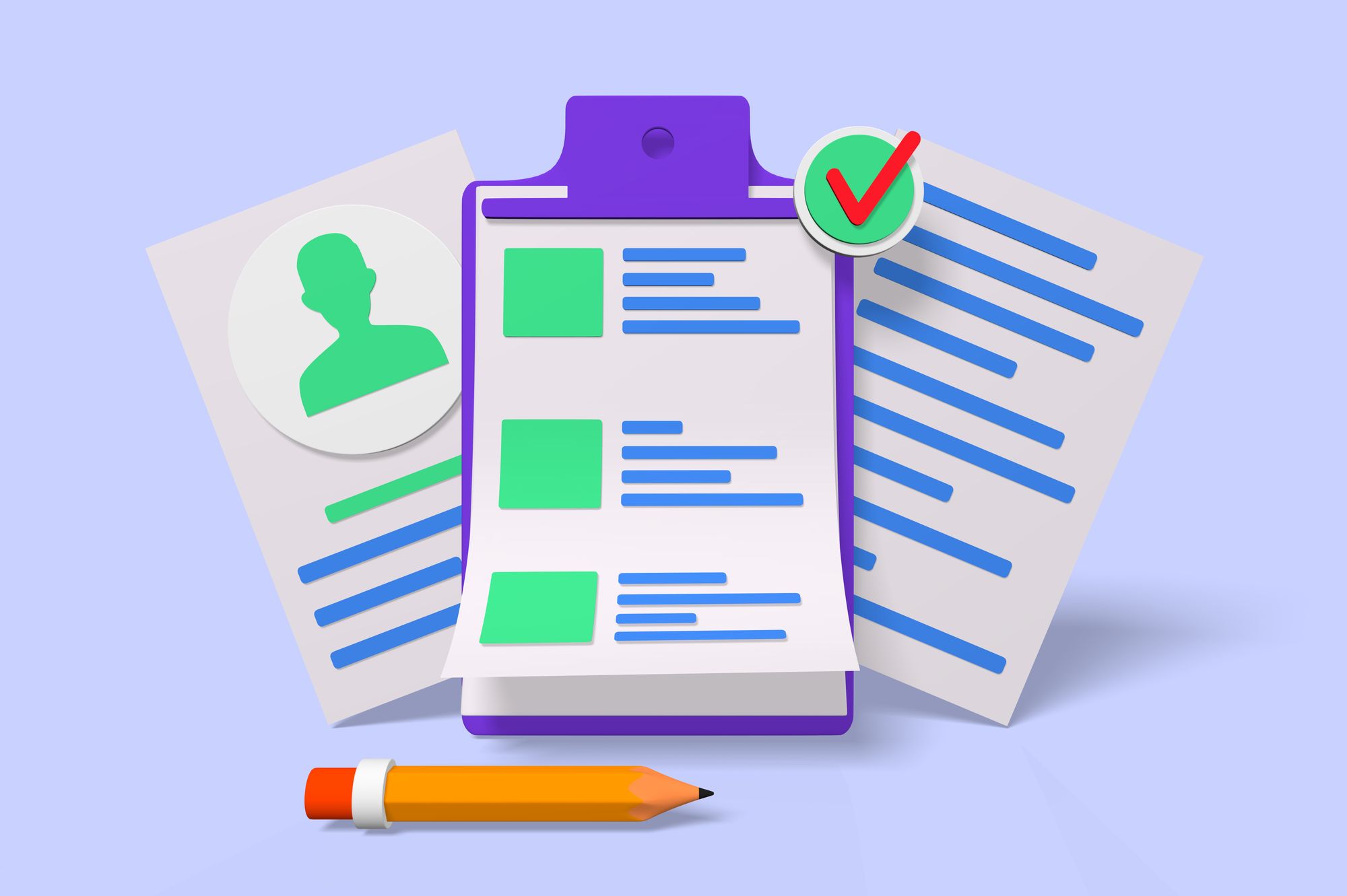
Document verification
So the car is good, but do not proceed unless you verify the documents and information on them. A few pointers:
- The registration certificate is a crucial document that confirms the legality of the vehicle and ownership. Make sure the certificate is not a duplicate one: Duplicate Registration Certificate. If you are buying from a dealer check if the RC is in the dealer's name, this means you will be a third buyer, which should not be the case because the market value will be low for a third car.
- VIN number and engine number. It must be the same everywhere, i.e. on the registration certificate and on the car. Some places where you can find the VIN number.
- Insurance is another important vehicle document without which the vehicle cannot run on the roads. Make sure the insurance is also transferred to your name and is valid for at least three weeks after purchase. If not, you can negotiate and purchase new insurance, which is much more beneficial.
- A car service book tells us a lot about the car. For example, if services are consistent, you will know that the car has been taken care of and maintained to the highest standards. But on the other hand, it can also be fake. If it sounds too good to be true, it probably isn't. Make sure to ask the owner as many questions as possible. Such as large scratches and dents.
- Road tax certificate is another important document that certifies that no taxes are due. Although it is a one-time payment when purchasing the car. In any case if it isn’t, there is something fishy.
- Pollution Control Certificate showing the vehicle's emission levels, through which you can check the condition of the engine.
- Loan NOC is something you should keep in mind In case the vehicle was purchased on a loan. This confirms that all loan dues have been paid and that the financier has no claim on the vehicle.

Odometer tampering
Odometer tampering is what you need to watch out for: Both the odometer, digital or analogue, can be tampered with and made to look like the car has run lesser kilometers than it actually has. On an analog meter , look for marks or scratches on the numbers and their alignment. Although this may be difficult on a digital scale, you can still look for fingerprints or smudges on the interior of the plastic. However, these are not sure shot ways for detecting tampering, and this is where the service book comes in handy. You can always contact the service center and find out the details of the last service or look for the stickers on the car where upcoming service details are mentioned.

Vehicle modifications
Many people opt for car modifications to make their car look a certain way, and any part of the car can be modified, as long as it is legal to do so. Some changes, such as vehicle color and engine tweaking are illegal. So are installation of tyres bigger than what the manufacturer recommends.
Below is a list of car modifications that are illegal in India.
- Fancy number plates
- Loud exhausts
- Roof modifications
- Engine mods
- Wide tyres
- Body lifting kits
- Car color
Make sure that the car you are going to buy does not have the modifications mentioned above. If they do, it is better to look for another vehicle.
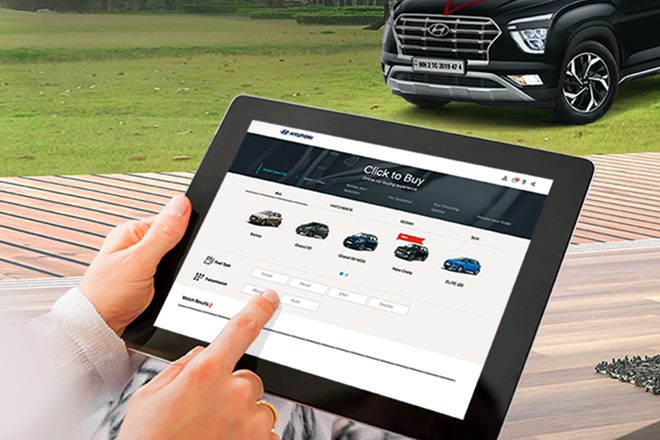
Get an idea of the price online
Before you go out looking for a used car, select the car that you think is the right choice for you, and this includes no. of kilometers it has run and its age. Check these details online to get an idea of the price, compare it and bargain accordingly.
Know when to pay
Sometimes delay is no denial, this also holds true when you buy a car. Think about all your options, go through them again and again, and make the decision only when you deem it is right.
Also Read: Understanding Car Depreciation Calculators for Smarter Decisions
Aakash Mehra
Automotive Journalist & Car Reviewer. Aakash Mehra is a seasoned automotive journalist with over 9 years of experience in car journalism and consumer-focused reviews. Having test-driven more than 550+ vehicles, he delivers detailed comparisons, expert insights, and unbiased advice to help readers confidently choose the right car.
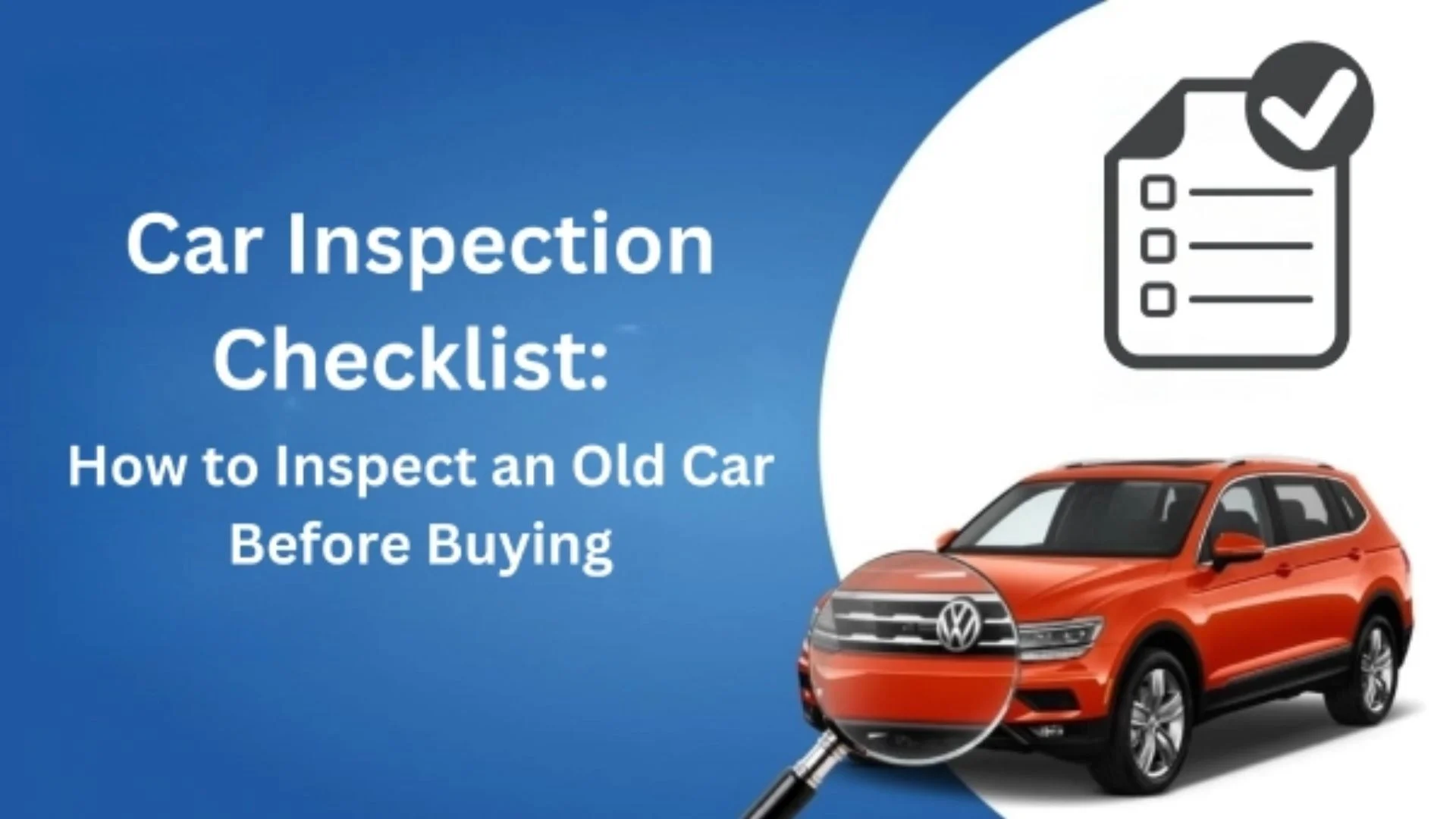
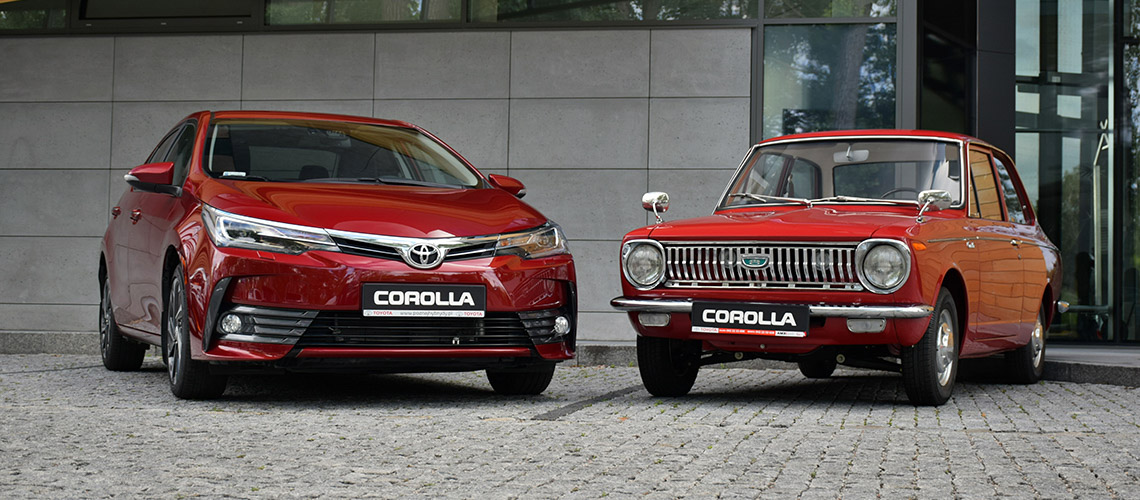
_1771411501.webp)
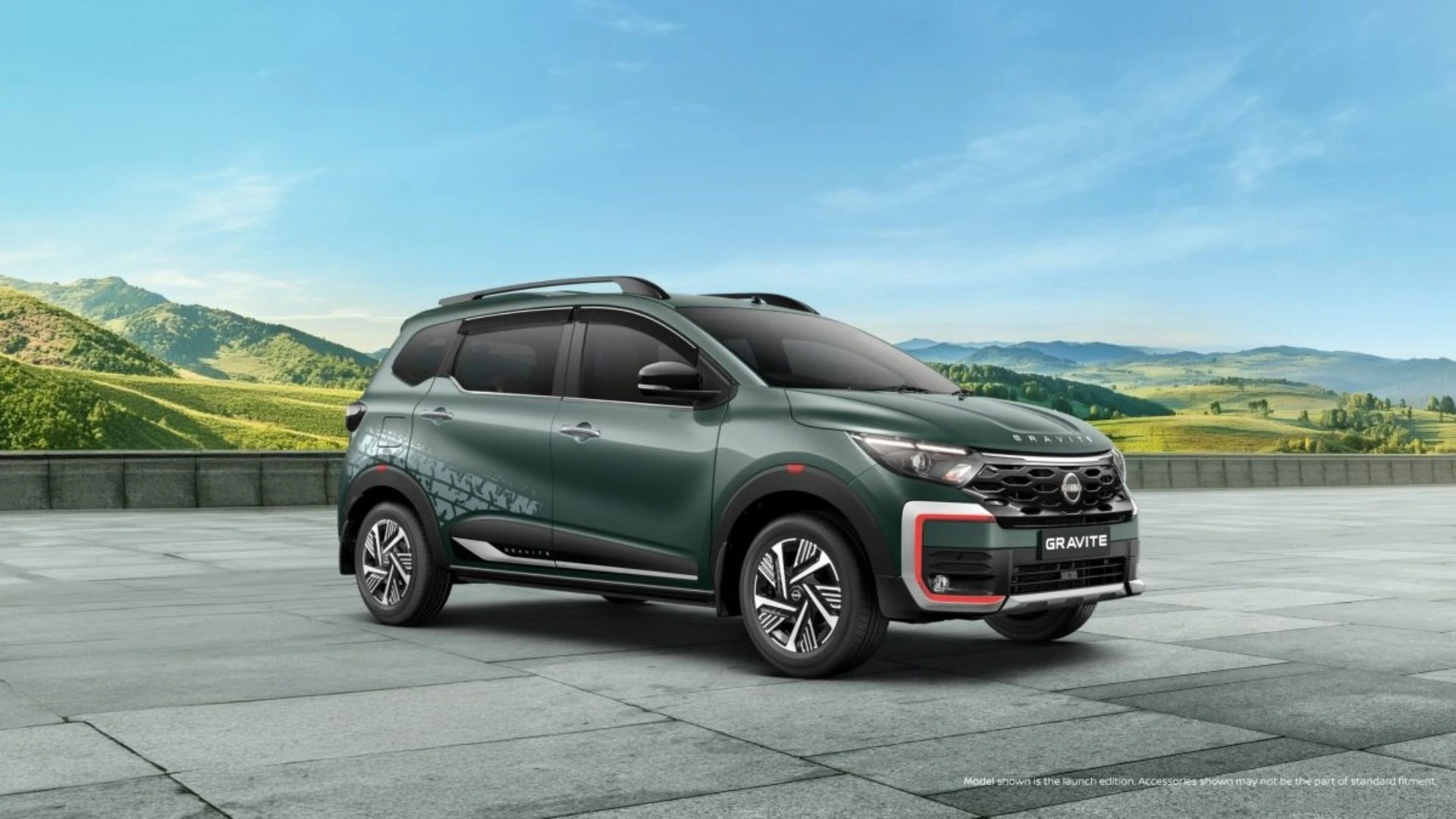
_1770807147.webp)
